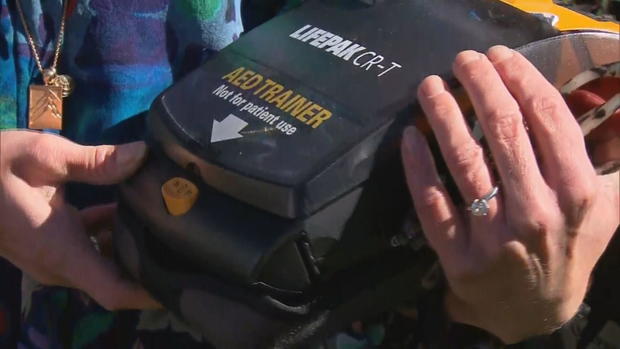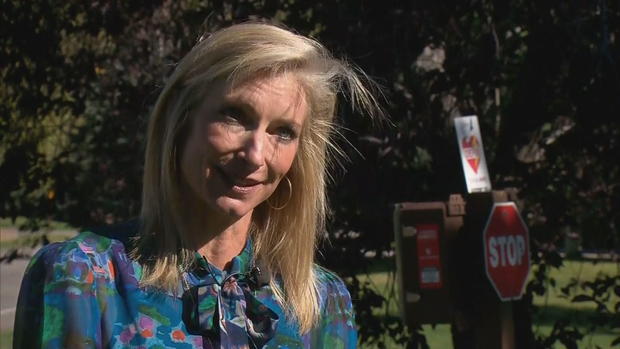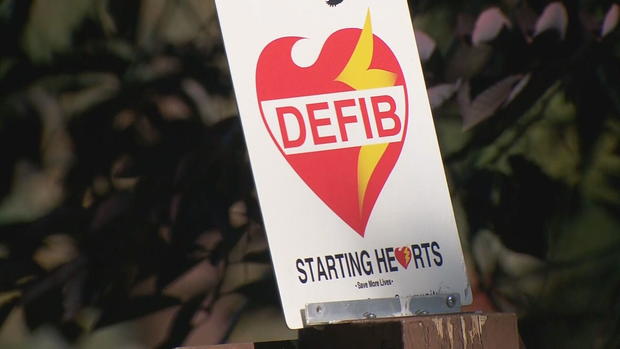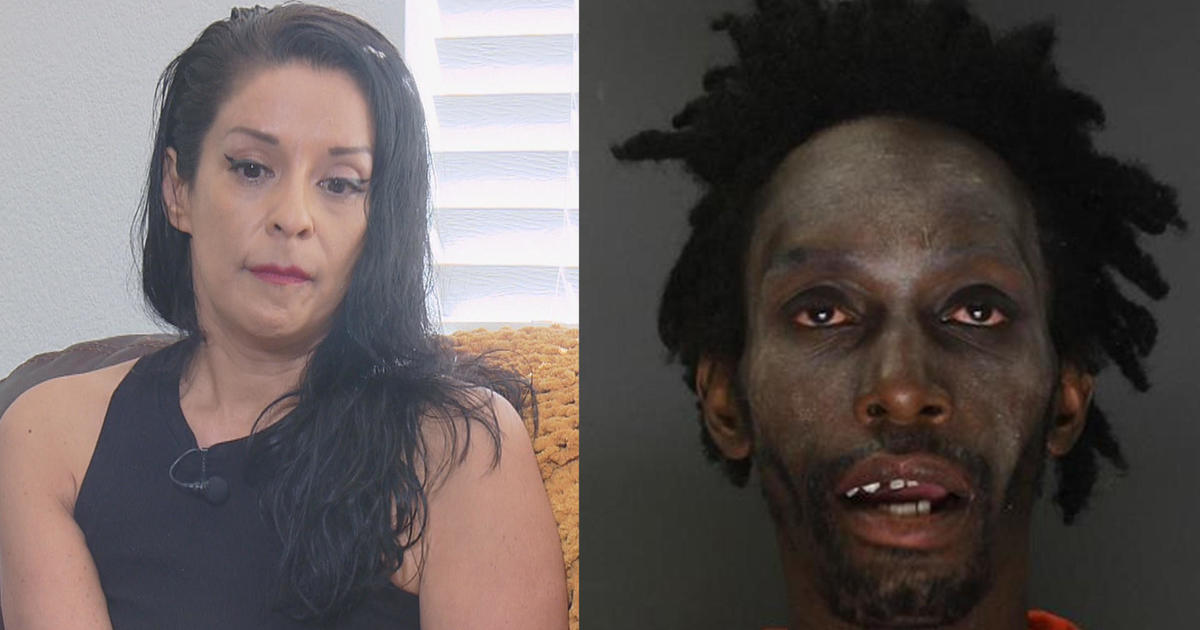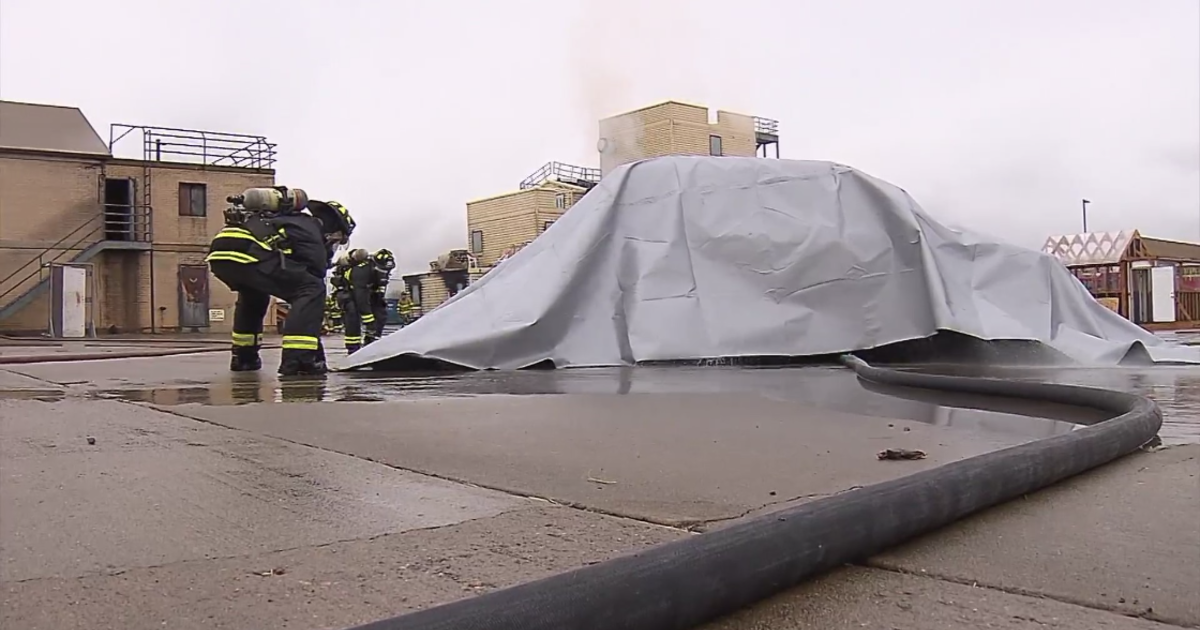Colorado woman gets bill passed to help people survive cardiac arrest
Lynn Blake said her heart stopped when she was 27. Thankfully Sue Froeschle was nearby, started CPR, and kept her alive until the paramedics were able to issue three shocks to her system with a defibrillator.
"A person's chance of survival decreases 10 with every minute that passes...if all you have done is call 911 and wait for help, that person's chances of survival are pretty low, 20%," explained Blake.
She's made it a life mission to help educate as many people as possible on CPR and A-E-Ds, portable defibrillators so that there are more people in Colorado who can help save a life when a heart stops. She's gone as far as to help get a bill passed in Colorado now, intended to help people survive the same condition she did.
HB22-1251 (which passed this summer) does the following:
• Creates the Office of Cardiac Arrest Management (Office) in the Department of Public Health and Environment.
• Reduces barriers to collecting and analyzing existing sudden cardiac arrest data, including EMS data and outcome data from hospitals that treat sudden cardiac arrest patients, to improve the survivability of patients with sudden cardiac arrest.
• The Office will purchase a state CARES subscription allowing all hospitals and health facilities to report sudden cardiac arrests through the state subscription for free.
• Employs a statewide sudden cardiac arrest data coordinator to smooth the connections between the data collected to treatments provided to enhance cardiac arrest survivability.
• Creates and publishes a list of training and education programs that provide CPR and AED training that meet the guidelines published by the American Heart Association.
• Funds an AED awareness campaign and enhances public access to AEDs located in Colorado by promoting a geo-location registry.
• Appropriates $200,000 from the general fund to fund the Office and its activities.
"We are the first state in the country to start tracking cardiac arrest at this level," Blake said. Other states have started tracking the data, but none have an office specifically dedicated to the research.
Blake believes it's a skill everyone should take on, bragging that it's so easy to do, her own son (Thomas Froeschle Blake, named for the woman who saved her life) did a demonstration during the bill reading of how to use a defibrillator. The whole experience boils down to "Open the machine, listen to directions, follow directions."
The more people who know how to do this, the better-suited everyone is to help save lives. This can happen to anyone.
"Most people think that it happens to overweight older people that are not in shape but at that time I was probably in the best shape of my life," Blake said.
Jillian Moore, Cardiac arrest registry to enhance survival (or CARES) Colorado was a big part of this next chapter in data collection on cardiac arrest. Moore began collecting data in 2019 through a grant, sought out funding when the grant ran out, and will be sponsored in this new Bill. What we've learned now is a mixed bag.
"Survivability is low, education is low," Moore said. "But we are fifth in the nation that participates in CARES for survival rate which is excellent, but we can improve on that."
The state health department will soon have a list of registered AED locations for people to search online to see where the closest one is to them so they can plan accordingly.
